Copper ore, also known as cuprite, is a naturally occurring mineral with a rich history and numerous industrial applications. This versatile resource has been instrumental in shaping the development of various sectors, from infrastructure to renewable energy. In this article, we delve into the importance of copper ore, its characteristics, and its significance in modern industries. Copper Ore: Characteristics and Formation: Copper ore is typically found in ore deposits throughout the world. It is a reddish-brown mineral that can be easily identified by its distinctive metallic luster. The primary source of copper ore usually originates from deep underground mines, where it forms as a result of geological processes over millions of years.
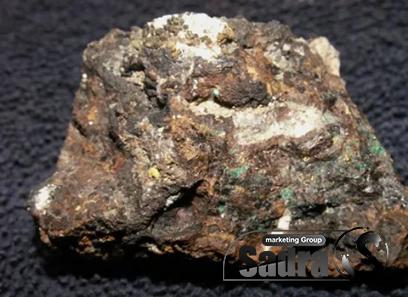
.
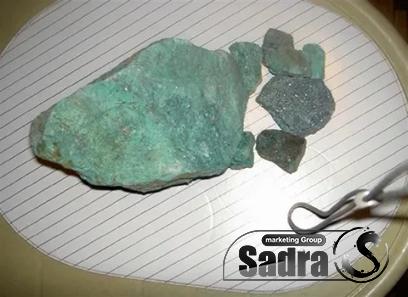 It often occurs as a sulfide or oxide compound, such as chalcopyrite or cuprite. Industrial Applications: Copper ore is valued for its excellent thermal and electrical conductivity, superior malleability, and corrosion resistance. These properties make it an essential component in various sectors, including: 1. Construction and Infrastructure: Copper is widely used in the construction industry. It is utilized in plumbing systems, electrical wiring, roofing materials, and infrastructure projects due to its superior electrical conductivity and durability. Its antimicrobial properties also make it ideal for water distribution systems, reducing the risk of bacterial contamination. 2. Electronics and Technology: The electronics industry heavily relies on copper due to its electrical conductivity. It is an integral part of computer circuitry, mobile devices, power cables, and telecommunications equipment.
It often occurs as a sulfide or oxide compound, such as chalcopyrite or cuprite. Industrial Applications: Copper ore is valued for its excellent thermal and electrical conductivity, superior malleability, and corrosion resistance. These properties make it an essential component in various sectors, including: 1. Construction and Infrastructure: Copper is widely used in the construction industry. It is utilized in plumbing systems, electrical wiring, roofing materials, and infrastructure projects due to its superior electrical conductivity and durability. Its antimicrobial properties also make it ideal for water distribution systems, reducing the risk of bacterial contamination. 2. Electronics and Technology: The electronics industry heavily relies on copper due to its electrical conductivity. It is an integral part of computer circuitry, mobile devices, power cables, and telecommunications equipment.
..
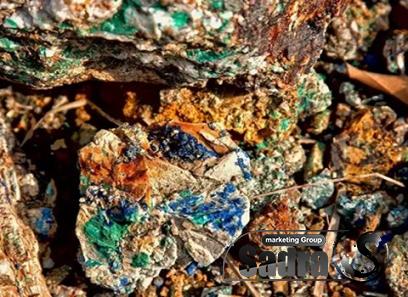 Copper’s ability to efficiently conduct electricity ensures the smooth functioning of modern technology. 3. Renewable Energy: Copper is crucial in the development of renewable energy sources. Solar panels, wind turbines, and energy storage systems often contain copper wiring and components due to its high thermal conductivity, low resistance, and durability. As the demand for clean energy continues to rise, the need for copper in this sector is expected to increase significantly. 4. Transportation and Automotive: Copper plays a critical role in the automotive industry. It is used in electrical systems, wiring harnesses, motors, radiators, and connectors. Copper’s ability to withstand high temperatures and resist corrosion ensures optimal performance and longevity in vehicles. 5. Manufacturing and Machinery: Copper-based alloys, such as bronze and brass, are widely used in manufacturing and machinery applications. These alloys possess excellent strength, ductility, and resistance to wear and corrosion, making them suitable for a wide range of applications, including bearings, gears, valves, and fittings.
Copper’s ability to efficiently conduct electricity ensures the smooth functioning of modern technology. 3. Renewable Energy: Copper is crucial in the development of renewable energy sources. Solar panels, wind turbines, and energy storage systems often contain copper wiring and components due to its high thermal conductivity, low resistance, and durability. As the demand for clean energy continues to rise, the need for copper in this sector is expected to increase significantly. 4. Transportation and Automotive: Copper plays a critical role in the automotive industry. It is used in electrical systems, wiring harnesses, motors, radiators, and connectors. Copper’s ability to withstand high temperatures and resist corrosion ensures optimal performance and longevity in vehicles. 5. Manufacturing and Machinery: Copper-based alloys, such as bronze and brass, are widely used in manufacturing and machinery applications. These alloys possess excellent strength, ductility, and resistance to wear and corrosion, making them suitable for a wide range of applications, including bearings, gears, valves, and fittings.
…
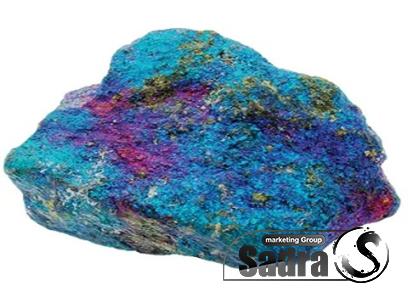 Future Outlook and Challenges: While copper ore remains an essential resource, there are challenges associated with its extraction and processing. Increasing environmental concerns and the need for sustainable practices have prompted the industry to focus on reducing energy consumption and minimizing the environmental impact of copper mining and processing. Additionally, fluctuating market prices, geopolitical factors, and global supply and demand dynamics can considerably influence the copper market. This requires effective forecasting and strategic planning to ensure a stable supply chain and mitigate potential risks. Conclusion: Copper ore is a highly valuable resource that has played a pivotal role in the growth and advancement of various industries. Its unique properties make it indispensable in construction, electronics, renewable energy, transportation, manufacturing, and many other sectors. As the world transitions towards a sustainable future and technological advancements continue, copper ore will remain a vital component in driving progress and innovation.
Future Outlook and Challenges: While copper ore remains an essential resource, there are challenges associated with its extraction and processing. Increasing environmental concerns and the need for sustainable practices have prompted the industry to focus on reducing energy consumption and minimizing the environmental impact of copper mining and processing. Additionally, fluctuating market prices, geopolitical factors, and global supply and demand dynamics can considerably influence the copper market. This requires effective forecasting and strategic planning to ensure a stable supply chain and mitigate potential risks. Conclusion: Copper ore is a highly valuable resource that has played a pivotal role in the growth and advancement of various industries. Its unique properties make it indispensable in construction, electronics, renewable energy, transportation, manufacturing, and many other sectors. As the world transitions towards a sustainable future and technological advancements continue, copper ore will remain a vital component in driving progress and innovation.
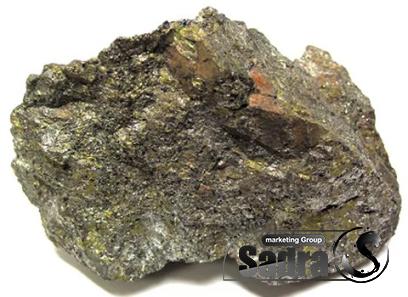
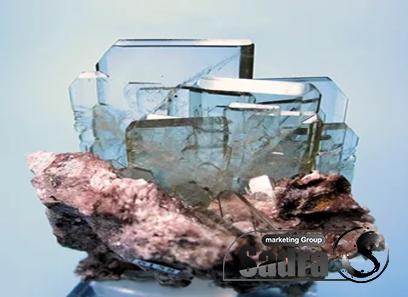
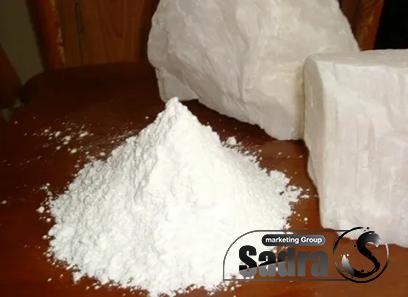
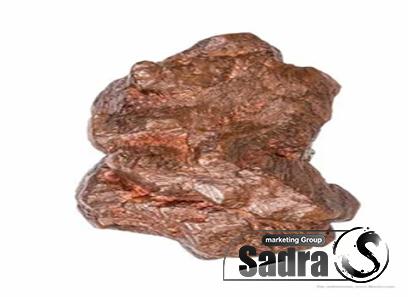
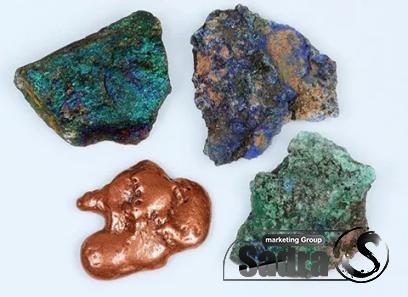
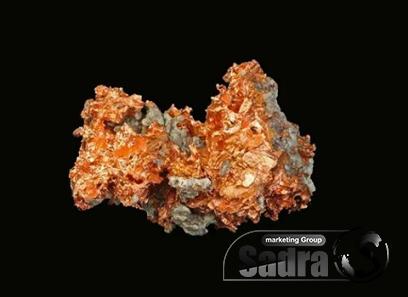
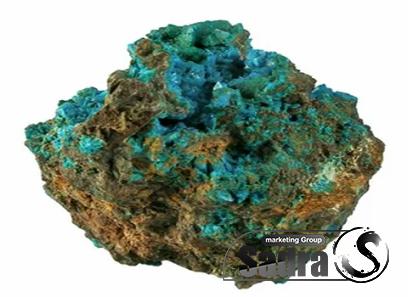
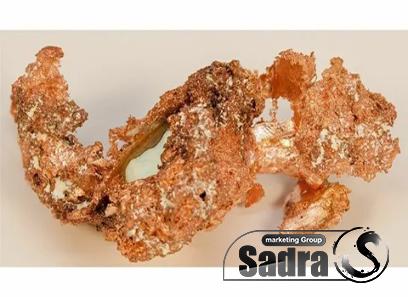
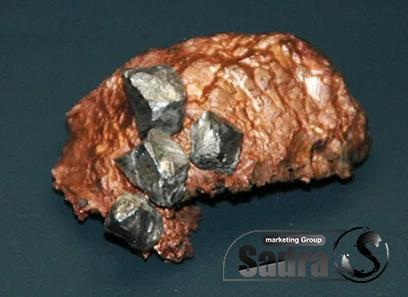
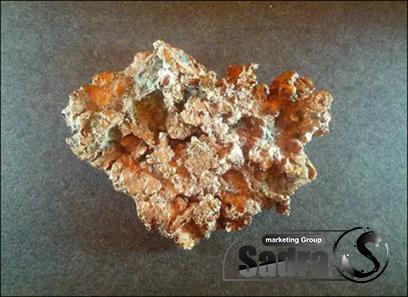
Your comment submitted.